This volume focuses mainly on Hume’s years in district administration in the north-western provinces, now part of the state of Uttar Pradesh. Hume was immersed in this region for seventeen years, eleven of which were spent in one district, Etawah, where he was magistrate and collector from early 1856 to the spring of 1867, except for two years (1861-3) of sick leave in Britain. He lived through the thick of the rebellion of 1857-9, blamed the outbreak on misguided British policies and was criticised by fellow-officers for being too generous towards the insurgents. Hume spent over forty years of his working life in India and developed an affinity for the country which has few parallels in Indo-British history. In Indian historiography he is little known except for his part in founding the congress and even this has often been disparaged. His thirty years in the ICS, where he rose to high office and demonstrated both exceptional ability and a critical disposition, have never been studied. He was an acknowledged authority on Indian ornithology, took a keen interest in agricultural improvement, and was for a time heavily involved in theosophy, before finding more lasting solace in Hindu Advaitism. Hume’s outspoken criticism of many aspects of the Raj and his pro-Indian sentiments so annoyed his superiors that in 1879 he was subjected to a humiliating demotion. Soon after, he took early retirement from the ICS, but chose to stay on in India, concentrating on his scientific and spiritual pursuits and then turning his efforts to the political, economic and social regeneration of the country. He played a leading role in the creation of the congress in 1885 and was its general secretary until 1907, even though he left India finally in early 1894. Hume emerges, from these documents on his years in district administration, as a committed, liberal radical reformer, but one who was especially sensitive to Indian opinion. From his perspective, this meant that at times his European ideology had to be modified to fit Indian conditions or its application postponed until it found local acceptance. He tried to govern in consultation and cooperation with Indian officials and local leaders. Through this process, he initiated a phenomenal expansion of modern vernacular education in Etawah district and created a successful Hindi-Urdu newspaper. He established a municipal government in the town of Etawah and fostered extensive civic improvements. He promoted modern medicine, vastly extended road and bridge communications in the district, advocated the creation of agricultural banks, and tried valiantly, though unsuccessfully, to persuade the government to establish a provincial reformatory for juvenile offenders. He strongly criticized defects in the operation of the judicial system and systematically encouraged local official adjudication as the first line of approach in dealing with civil disputes. In the context of the hostile realities of an autocratic Raj, he frequently sought to promote the norms of British justice. These writings are important reference material for scholars and researchers of south Asian history and politics, and all those interested in the life and times of Allan Octavian Hume.
Selected Writings of Allan Octavian Hume: District Administration in North India, Rebellion and Reform (Volume 1) (1829-1867)
In stock
Free & Quick Delivery Worldwide
Bibliographic information
Title
Selected Writings of Allan Octavian Hume: District Administration in North India, Rebellion and Reform (Volume 1) (1829-1867)
Author
Edition
1st ed.
Publisher
ISBN
0195658965
Length
cxxi+786p., Charts; Maps; Illustration; 29cm.
Subjects

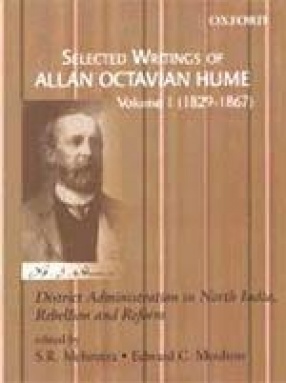
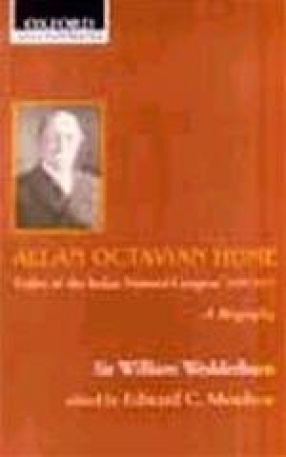
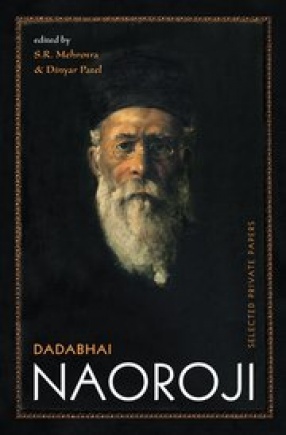
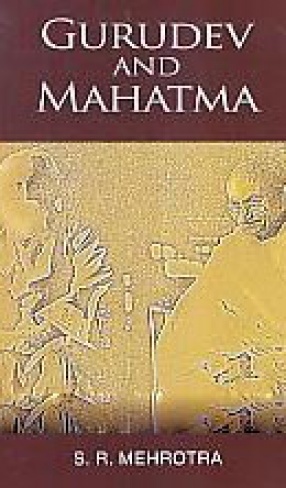
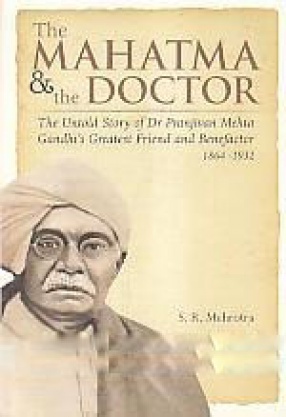
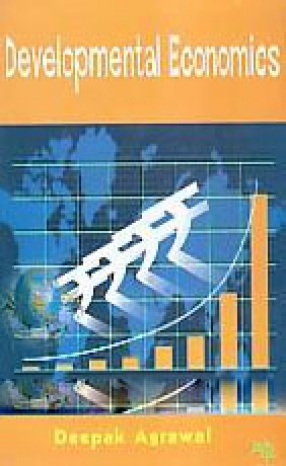
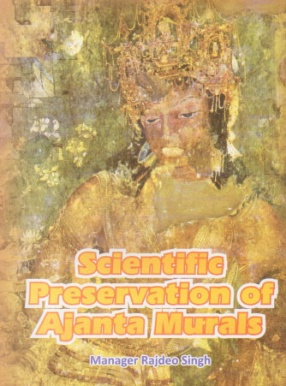
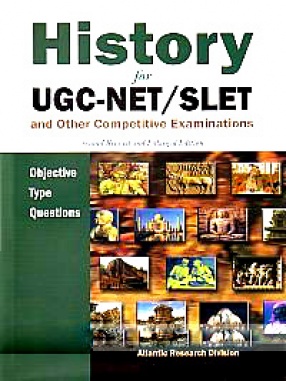
There are no reviews yet.